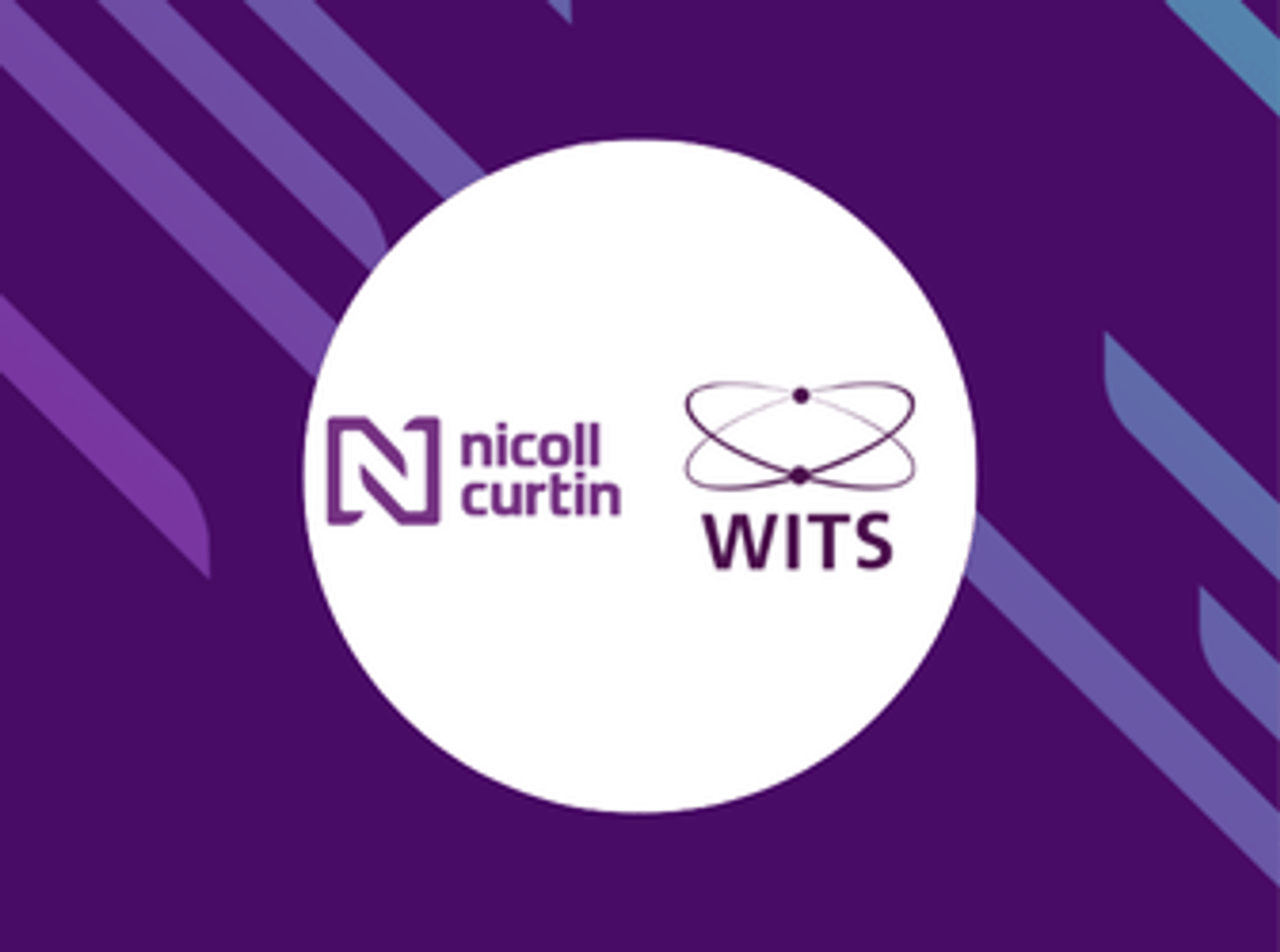At the core of successful hiring in the technology sector is a genuine understanding of people, the market, and what makes each role unique. Recruiters and talent acquisition teams today manage growing candidate pools, specialised roles, and the ongoing need to fill positions efficiently. Traditional hiring methods are still effective; however, they can sometimes be time-consuming given these evolving demands.
Recruitment tools deploying AI can help by taking over routine tasks and speeding up candidate searches and application reviews. This gives recruiters and hiring managers more time to focus on what really matters.
Here are the key AI trends in the hiring landscape, which are currently shaping how organisations identify and attract top talent.
Trends of AI in recruitment
1. AI-driven candidate sourcing
Recruiters are increasingly using advanced algorithms to scan databases and online platforms for individuals who meet specific technology job requirements. Traditional methods, such as manual database searches, job board postings, or basic keyword filters, can often overlook passive candidates or those with niche expertise. Fully leveraging these tools involves understanding the insights data provides and using that information to create thoughtful, personalised outreach that connects with each candidate.
Upskilling in sourcing platforms integrated with AI also allows consultants and hiring managers to refine searches, personalise engagement, and translate analytics into actionable steps that enhance candidate experience and recruitment outcomes.
2. Automated screening
AI screening speeds up shortlisting by analysing the full context of CVs and cover letters, rather than relying solely on keywords. It can evaluate transferable skills, career progression, and communication quality to identify candidates with genuine potential, even if their profiles don’t exactly match job titles or phrases. This allows hiring teams to find strong applicants more quickly and dedicate their time to engaging with the most promising people.
As Janelle Molina, Nicoll Curtin’s Head of Performance and Sales in Singapore, shared during the webinar with WITS Ireland, “AI will free up recruiters to spend more time understanding what drives a candidate.” She emphasised that with added time, consultants can focus on deeper conversations, more personalised outreach, and building stronger connections throughout the hiring journey.
3. Bias reduction through AI-enhanced processes
Diversity, equity and inclusion remain priorities across the technology sector. Properly designed AI tools can reduce unconscious bias by focusing on objective skills and experience rather than demographic factors. This helps make employee selection fairer and supports the development of diverse, innovative teams.
Charlotte Allen, Global DEI, Tech and Innovation Lead for Barclays via AMS, highlighted how AI can help make interviews fairer during our "Equity in Professional Development" webinar :
“Companies should be giving interview questions before the interview to all people. One way companies can do this is by using AI for pre-recorded interviews, where candidates respond to set questions on camera. This process helps negate unconscious bias by removing the interviewer's body language or personal preferences from affecting assessments.”
Staying well-informed about ethical AI use and the design of algorithms also empowers hiring teams to uncover and address possible bias within digital tools. This creates a more balanced and inclusive recruitment process.
4. Chatbots and virtual assistants
AI-powered chatbots are now commonly used on career websites and recruitment platforms to improve candidate engagement. They respond instantly to questions, guide applicants through job postings, and automate interview scheduling.
Through careful design and ongoing management, chatbots can personalise interactions by using natural language, adapting responses based on user input, and providing relevant, helpful information. This approach preserves a sense of genuine communication and attentiveness while offering the benefit of 24/7 availability. As a result, candidate satisfaction improves, especially in competitive markets where timely responses matter.
5. Predictive analytics
Predictive analytics platforms analyse past hiring data, market trends, and candidate behaviour to forecast future recruitment needs, salary benchmarks, and availability. These insights help both recruiters and hiring managers make smarter decisions and stay ahead of talent shortages.
Recruiters can use the data to refine sourcing strategies, tailor job campaigns, and identify high-potential candidate pools more efficiently. At the same time, hiring managers can apply these insights to proactively plan workforce needs, align budgets with current market conditions, and set realistic expectations for their teams.









